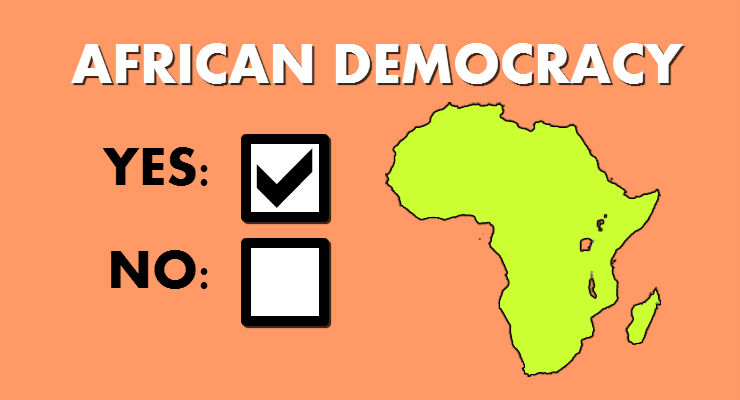
From Voice Of America
The VOA Horn of Africa service’s Girmachew Kebede contributed to this report from Addos Ababa. Ethiopia.
In a dozen countries across Africa, governments have enacted laws or policies that “improperly constrain” nongovernmental organizations and imperil civil society, the democracy watchdog Freedom House says in a new report.
Curbs on NGOs have “a serious impact on the capacity of organized civil society, and citizens, to hold governments to account and to protect human rights,” said Godfrey M. Musila, author of the report issued Tuesday by the independent, Washington-based organization. He added that governmental limits “are of course accompanied by other measures to restrict other kinds of freedoms” and to bolster control by the state or strongmen.
“Freedoms Under Threat: The Spread of Anti-NGO Measures in Africa” looks at efforts since 2004 to restrict civil society, especially groups working on human rights and governance issues.
Measures such as complicating registration or limiting foreign workers and financial aid have been implemented in a dozen countries: Algeria, Burundi, Egypt, Ethiopia, Rwanda, Sierra Leone, South Sudan, Sudan, Tanzania, Tunisia, Uganda and Zambia. (Ethiopia eased those limitations in February.)
The report says anti-NGO measures are pending or possible in Egypt, Malawi, Mozambique, Rwanda, Sudan and Zambia.
Restrictions have been introduced but “abandoned by the executive, rejected by the legislature, or invalidated by the courts” in six countries: Angola, Congo-Brazzaville, Kenya, Malawi, Nigeria and Zimbabwe.
Ethiopia
Ethiopia in 2009 had imposed what Musila described to VOA as “draconic” restrictions — such as barring rights groups from doing any advocacy — but rolled them back after Prime Minister Abiy Ahmed took office in April 2018. The country’s Civil Society Proclamation, drafted with input from NGOs and the public, was adopted in February.
“We’ve heard the political statements that civil society is welcomed and is expected to play a really constructive role as Ethiopia continues on its development journey and we’re very much supportive of this opening,” Leslie Reed, Ethiopia director for the U.S. Agency for International Development, said last week in Addis Ababa.
The Horn of Africa country offers a bright spot. But in most of the 20 countries studied in the report, measures have been, or are being, overhauled “to not only starve the [civil society] sector of resources, but also establish more effective government controls,” Musila wrote.
Demand for democracy
In a phone interview Tuesday with VOA, the Kenyan-born Musila cited a particular vulnerability for African democracy.
“Democracy as a system of governance that emphasizes liberal qualities, limited government and human rights has been an ongoing experiment on the African continent and only began to take root in the early 1990s,” he said, speaking from his home in a Maryland suburb of Washington. So constraints “would have a greater impact [here] than they would in much more developed democracies such as the United States and Europe, because they go to the root of the capacity of NGOs.”
A Pew Research report released in late April found discontent with aspects of liberal democracy, though also noted broad support for its ideals. For instance, 83% of Nigerians who see the current economy as bad are less content with how democracy is working. The poor West African country has a mixed market economy and, as the continent’s largest crude oil producer, has suffered with the sector’s low prices in recent years.
Musila also said other countries — on the continent and beyond — can negatively influence the demand for democracy.
Beginning around 2005, he said, “a number of countries began adopting measures that began systematically undermining freedoms. … This coincides with the entry of China and the prominence more recently of Russia on the African continent.”
Recommendations
Freedom House’s report gives advice to combat restrictions. The appendix proposes a framework for civil society groups to work with courts and legislatures. It urges groups to deepen their roots in local communities to counter “pernicious accusations” that they are foreign agents.
“We also make very strong recommendations for governments to protect their commitments to the right to assembly and other freedoms [of] expression, in particular,” Musila said.
He added that Freedom House encourages the United States, the European Union and others in the international community to raise concerns about restrictions and to “condition specific forms of assistance on reversing these repressive measures or adopting more progressive legislation.”
Leave a Reply